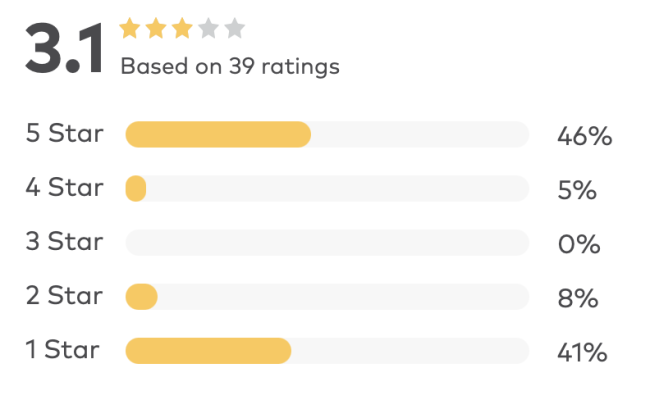Midpack
Give me a museum and I'll fill it. (Picasso) Give me a forum ...
My PCP has referred me to a specialist in a field we know nothing about. From what I could tell, Healthgrades.com is one of the more high traffic healthcare review sites, but that doesn't mean it's the most reliable. When I looked at the specialist, his reviews are almost entirely 'he's perfect' or 'the worst doctor on the planet.' I am not sure if I should look elsewhere, or go with the PCP's referral. I am well aware online reviews can be completely unfair. Our PCP has a perfect 5 star rating on Healthgrades.com by the way and we are very happy with her.
Or what is a good way to choose a doctor? I don't know anyone who's seen this specialist so that's not an option.
Or what is a good way to choose a doctor? I don't know anyone who's seen this specialist so that's not an option.
Attachments
Last edited:


